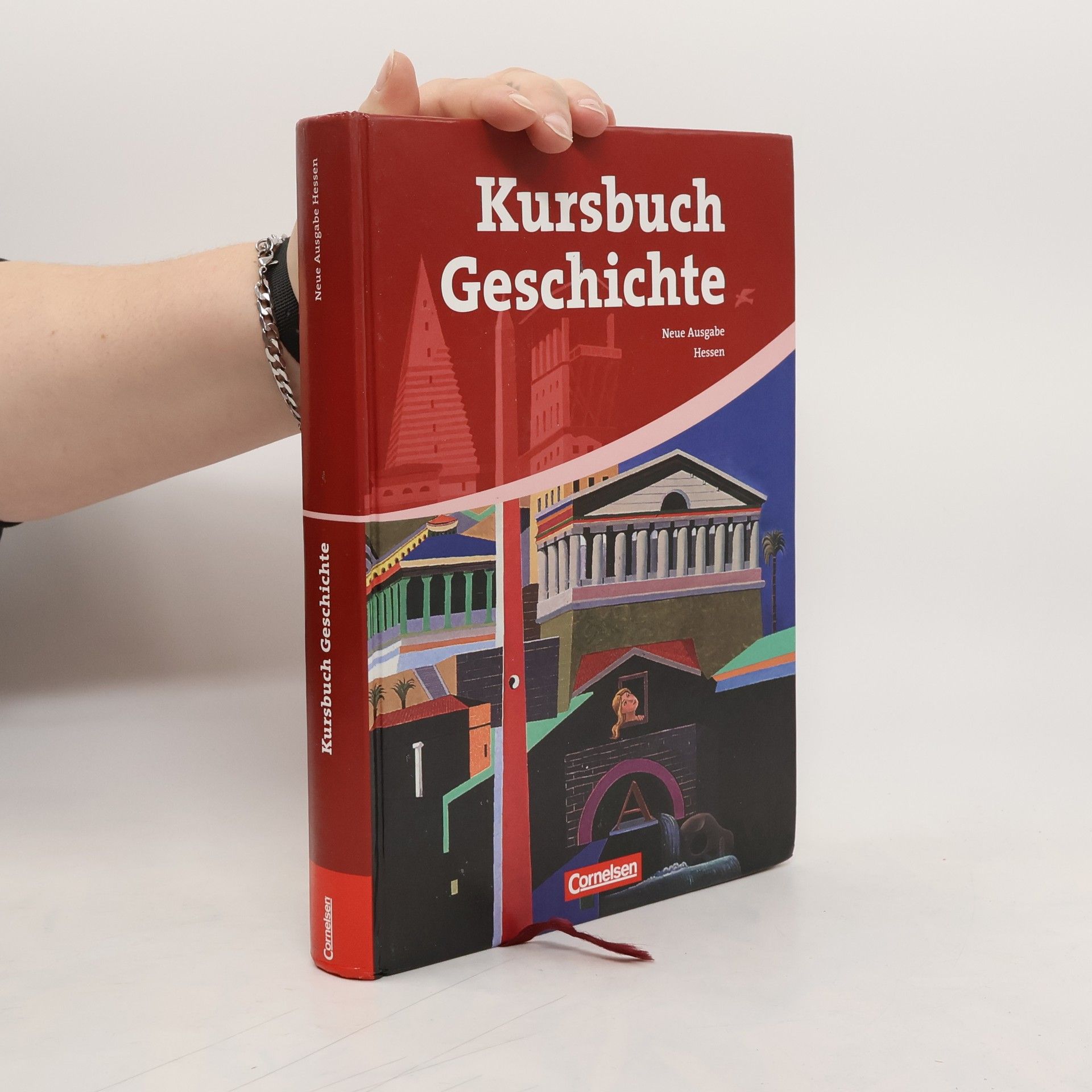Offering a fresh perspective on the Hanoverian dynasty, this volume reexamines the Georgian monarchs and their significant influence beyond mere triviality. It challenges the perception of these rulers as petty-minded, highlighting their roles and legacies in Britain and Hanover over three centuries. By delving into their political and cultural impact, the book reveals the complexities of their reign and invites readers to reconsider the historical significance of the Hanoverian kings.
Andreas Gestrich Book order (chronological)
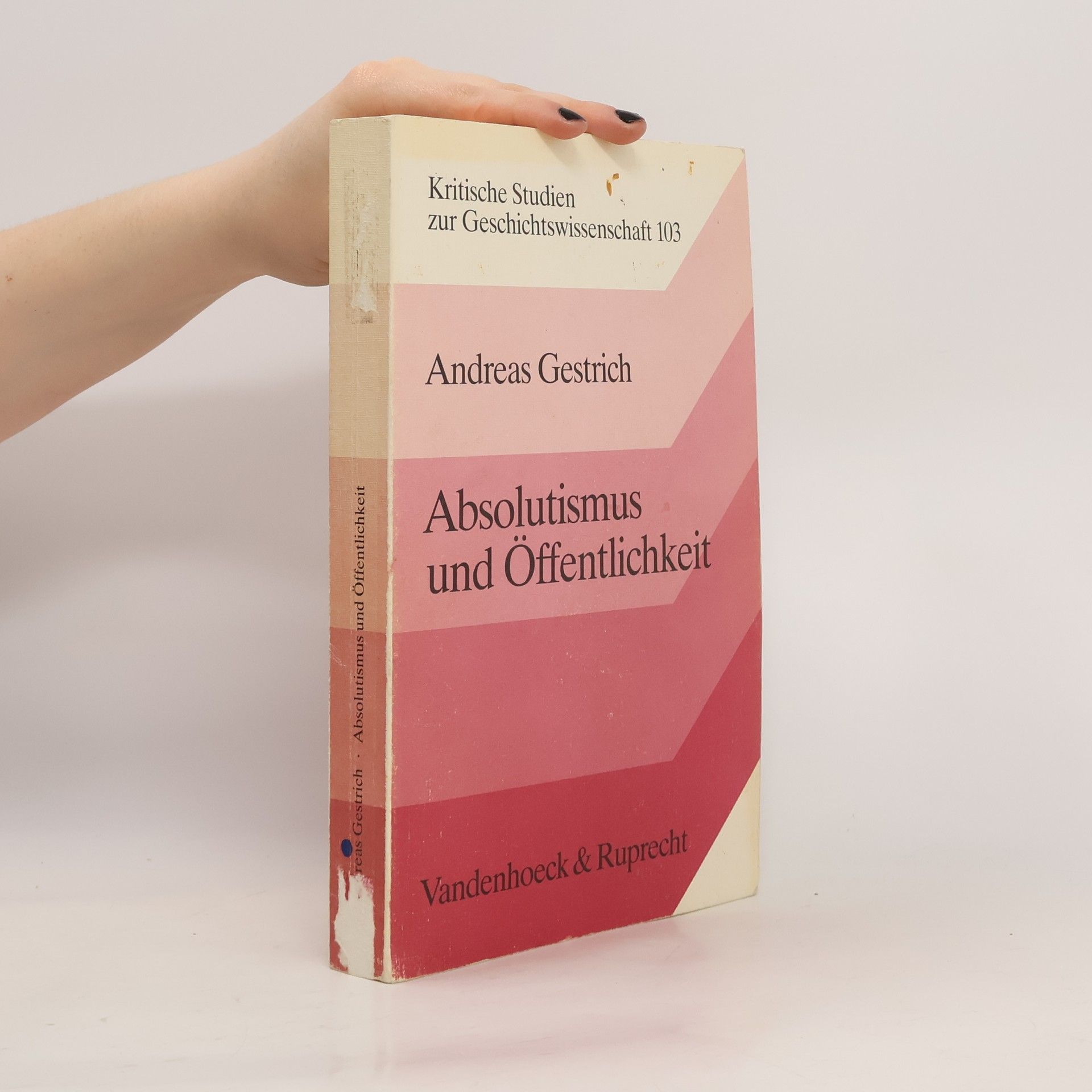
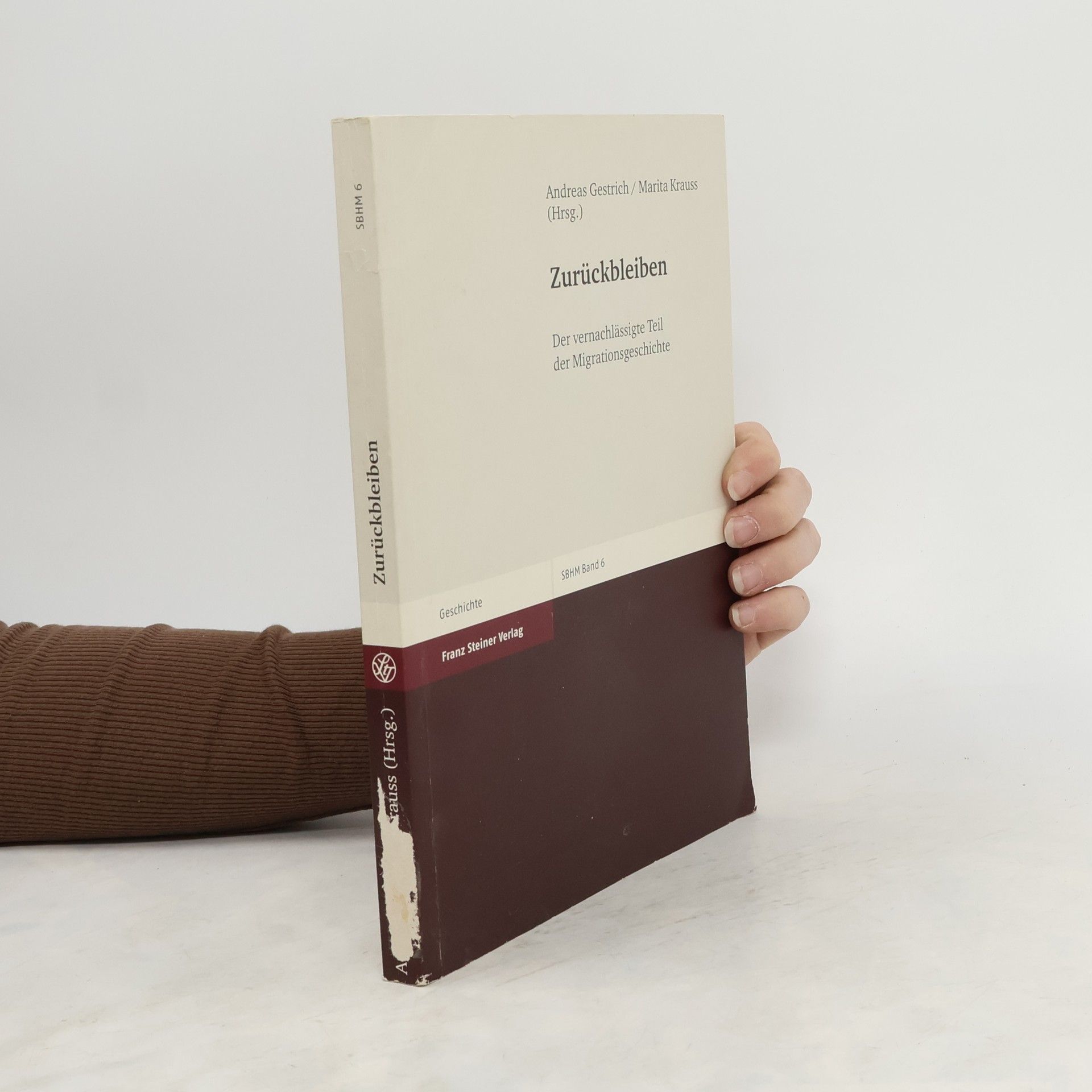

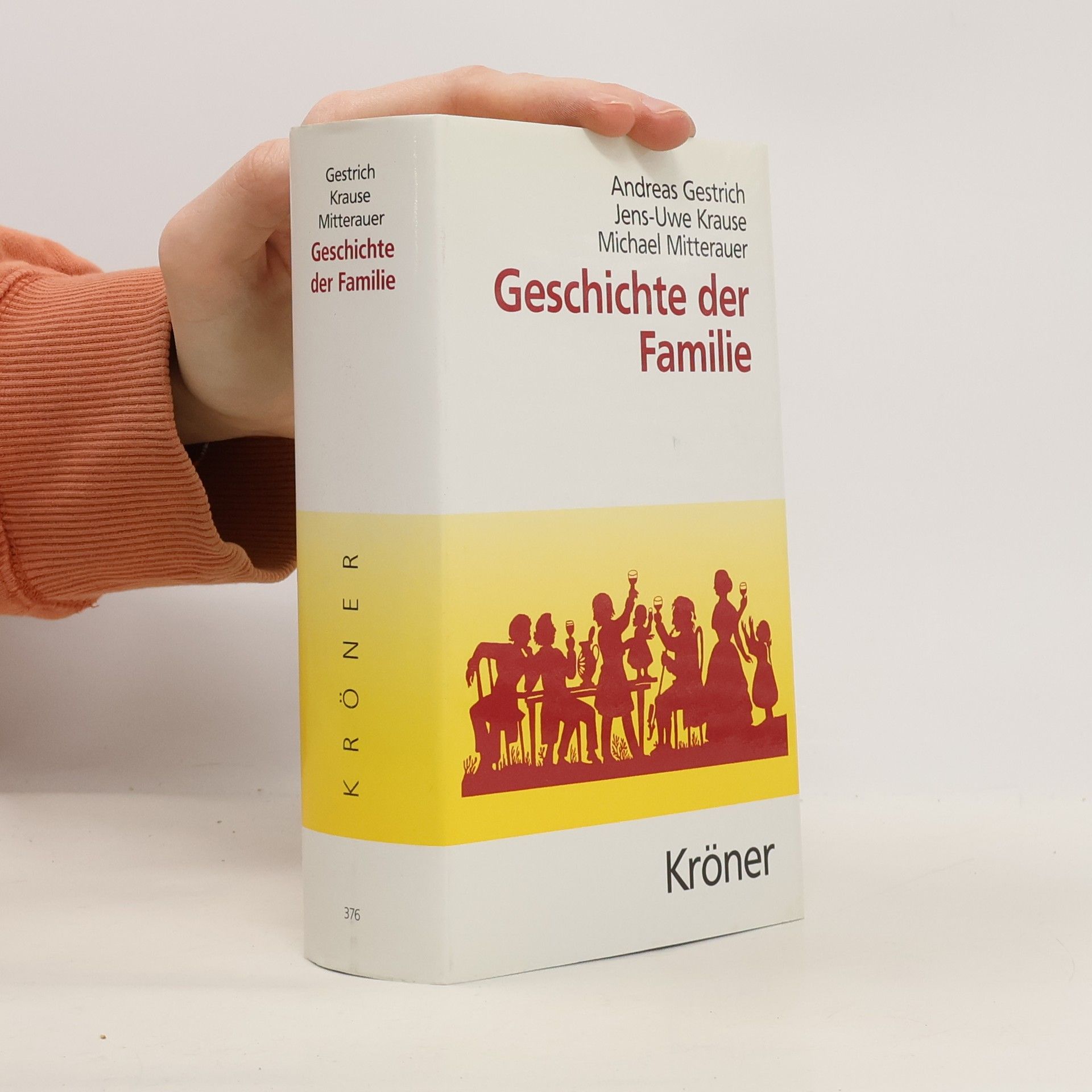

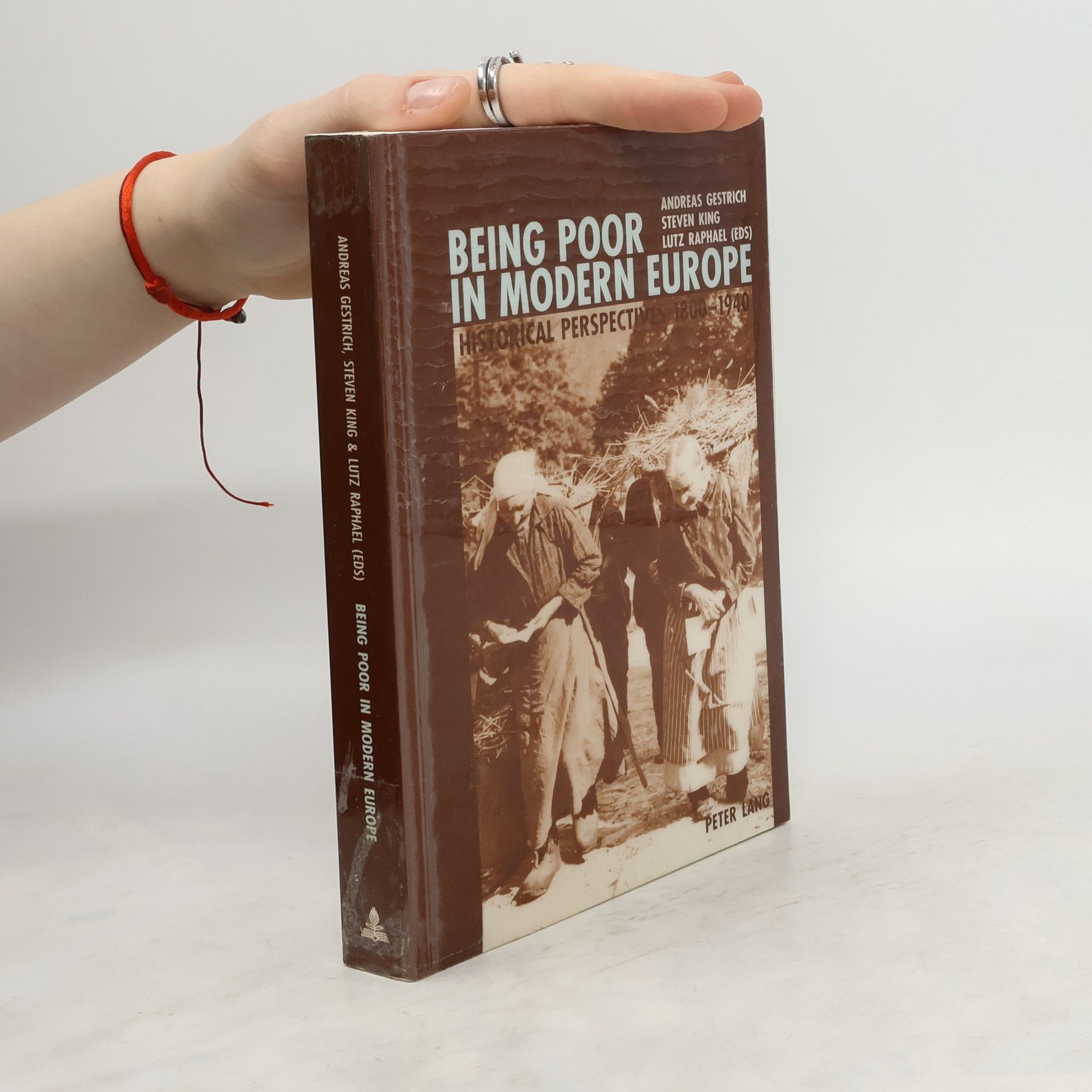
Kursbuch Geschichte
Von der Antike bis zur Gegenwart - 10.-12. Schuljahr. Neue Ausgabe. Schülerbuch Hessen
- 664 pages
- 24 hours of reading
Being Poor in Modern Europe
- 540 pages
- 19 hours of reading
This book brings together authors working on some of the most significant poverty and welfare research projects on the European stage. The contributions focus broadly on the experience of being poor in England, Scotland, Ireland and Germany between 1800 and the 1940s, a theme that has received inadequate attention in the European historiography thus far. The chapters are organised into three thematic sections. The first deals with the experience of being networks, migration and survival strategies; the second with confinement, discipline, surveillance and paths to the welfare state; and the third with the symbolism of poverty.
Zurückbleiben
- 220 pages
- 8 hours of reading
Historische Migrationsforschung konzentriert sich oft auf die Wandernden, während die Auswirkungen auf die Zurückbleibenden vernachlässigt werden. Dieses Forschungsfeld ist weitreichend und wenig erkundet. Der Band untersucht die vielfältigen Dimensionen des Themas von der Antike bis zur Gegenwart, einschließlich Abschied und den Folgen für Frauen, Familien und Gesellschaften. Migrationen beeinflussten soziale Netzwerke, Hierarchien und Heiratschancen. Das Weggehen anderer weckte Utopien und Sehnsüchte und veränderte die Perspektiven der Zurückgebliebenen. Der Inhalt ermutigt zu einem migrationshistorischen Perspektivenwechsel. Das Vorwort von Andreas Gestrich und Marita Krauss thematisiert das Zurückbleiben als vernachlässigten Teil der Migrationsgeschichte. Marita Krauss behandelt das Abschiednehmen während der NS-Zeit, während Ortwin Pelc die Verabschiedung von Auswanderern in der Kunst und Fotografie beleuchtet. Sabine Geldsetzer und Brigitte Kasten analysieren die Reaktionen von Frauen auf männliche Verwandte, die an Kreuzzügen teilnehmen wollten. Claus Rech untersucht die Lebensverhältnisse von Frauen von Arbeitsmigranten in Eisenschmitt, und Annette Puckhaber thematisiert jüdische Kindertransporte nach Großbritannien. Elisabeth Herrmann-Otto und Reinhard Buthmann beleuchten die Auswirkungen der römischen Expansionspolitik und das Zurückbleiben in der DDR.
Geschichte der Familie
- 750 pages
- 27 hours of reading
In der europäischen Kulturgeschichte spielt die Familie zu allen Zeiten eine zentrale Rolle. Was jedoch jeweils unter Familie zu verstehen ist, wer etwa zur Familie gehört, wer ihr Oberhaupt ist, wer über den Besitz verfügt, wie die Arbeit aufgeteilt ist, dies unterliegt einem deutlichen historischen Wandel. Die neue ›Geschichte der Familie‹ zeichnet die großen Entwicklungslinien von der Antike bis zur Gegenwart nach und nimmt dabei auch die Unterschiede in den verschiedenen europäischen Gesellschaften in den Blick. Unter Berücksichtigung von neuen Fragestellungen und Einsichten aus Soziologie, Ethnologie, Demographie und Pädagogik entsteht ein facettenreiches Bild der europäischen Familie. Zur Sprache kommen dabei auch langfristige Prozesse wie die Wendung von der Großfamilie zur Kernfamilie oder die Veränderung der Gefühlsbindungen zwischen Partnern und Generationen, die bis heute Realität und Erleben der Familie bestimmen.
Geschichte der Familie im 19. und 20. Jahrhundert
- 150 pages
- 6 hours of reading
Die Geschichte der Familie ist ein Gebiet, dem alle Richtungen und Schulen der sozialhistorisch orientierten Forschung in den letzten Jahrzehnten viel Aufmerksamkeit geschenkt haben: Sozial- und Wirtschaftsgeschichte, Alltagsgeschichte, Historische Anthropologie oder auch Frauen- und Geschlechtergeschichte waren gleichermassen an der Institution der Familie und ihrem Wandel interessiert. Das weist auf das breite Spektrum der mit der Familie verbundenen sozialen Aufgaben und Prozesse hin sowie auf die hohe gesellschaftliche Relevanz von Strukturwandlungen in diesem Bereich. Diese Facher haben nicht nur wichtiges Quellenmaterial hervorgebracht, sondern fur ihre Bereiche auch Modelle entwickelt, mit denen Familienhistoriker sich kritisch auseinandersetzen konnen und mussen. Im zweiten Teil des Bandes wird vor allem versucht, diesen intensiven Diskussionen uber die Fachgrenzen hinweg Rechnung zu tragen, indem Entwicklungen nachgezeichnet und Perspektiven fur weitere interdisziplinare Forschungen aufgezeigt werden."
Absolutismus und Öffentlichkeit
- 381 pages
- 14 hours of reading
